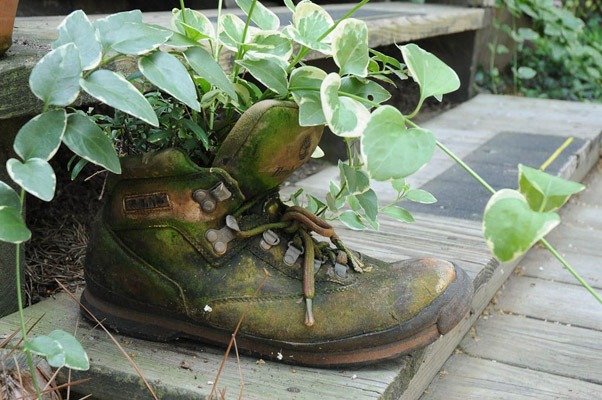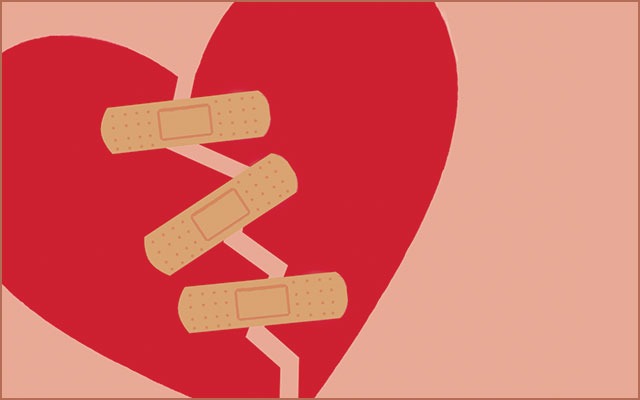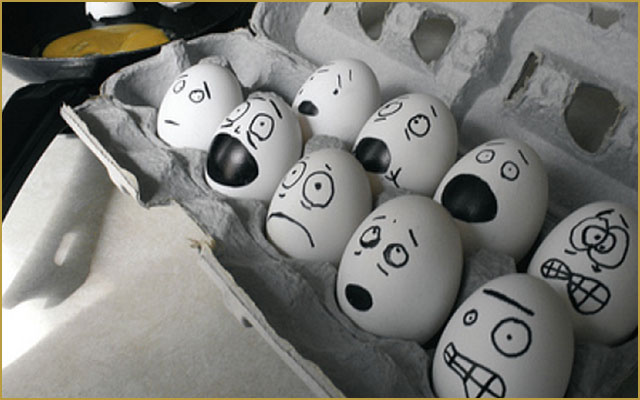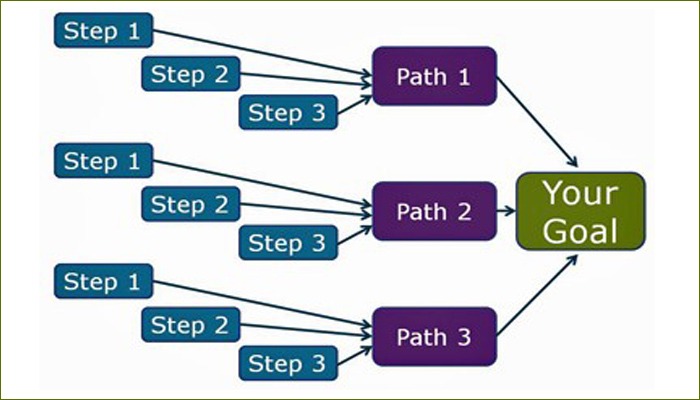Making a Fresh Start

The start of the new year is often a time to reflect on where you have been and where you are headed. You may even have made a resolution or two. Working towards goals can make a difference in how you feel about living with chronic pain. If you would like to make some changes that will enhance your ability to live with your pain, you will need to create a good plan.
To help you get started, I have listed some areas in which you might want to make some changes. Then I will suggest 4 ways to help you work effectively to create lasting change.
- Activity Level
- Exercise
- Emotional
- Social – Friends
- Social – Family
- Relationship with Intimate Partner
- Leisure
- Personal Growth/Learning
- Household
- Work
- Parenting
- Self-CareSpiritual/Religious
Cultivate Optimism
Pessimism can become a habit when you have chronic pain. Over time, pain can make you feel like nothing will work out. However, people with chronic pain can learn to live a rich and happy life, despite their pain. Further, research shows that taking an optimistic view of life enhances active coping that, in turn, helps to reduce depression, anxiety, impairment and pain perceptions. To cultivate optimism, start watching for the small ways in which life is still good, even though you have pain. Notice the small things that do work out. You can learn to be optimistic by recognizing when you are simply slamming the door to change. Allow yourself to hope again by setting realistic goals that can be achieved.
Set Realistic Goals
One of the most common barriers to lasting change is resolving to make a very drastic, unrealistic change. Try to be realistic. For example, if you have become somewhat asocial due to your pain, it might be beneficial to increase your social contact. But, it will be difficult to go from 1 or 2 social activities per month to 8 or 10. An increase from 1 or 2 get-togethers per month to 4 or 5 may be more realistic. As another example, perhaps you would benefit from losing weight. Rather than promising yourself that you will lose 50 pounds, start with 10 or 15. If you have not been exercising for many months or years, it is a great idea to increase your activity level. However, instead of planning to get up at 5 am every day for an hour run, you could start with a 20 minute walk at 8:30 a few times a week. Small steps do make a difference. And, you will find it easier to be optimistic about small, realistic goals. Pain doesn’t have to take away your ability to pursue goals that matter.
Make a Plan
Without a plan for action, it is difficult for most people to make a fresh start. A plan should include what you would like to change. It should be very specific (“I would like to spend time with at least one friend every week”). You will need the knowledge and tools to carry out your plan. If you want to lose weight, you will need to know what to eat, how much to eat, and have a scale to measure your progress. You will need to schedule the tasks that are connected to your plan (“Walk for 15 minutes after dropping the kids at school”). If you use an electronic calendar, send yourself a reminder the day before and the day of your task or activity. Monitor your progress. Each evening sit down with your plan and check off whether you completed the day’s task. If you are having trouble completing your tasks, review your plan. You may be trying to do too much. You may have a problem with the time of day. Look for barriers.
Use Social Support
The people in your social network can be great resources for change. Friends, family, or a professional can provide you with information, emotional support, and tangible assistance. You may know someone to partner with who wants to make the same change (walking with a friend can be more fun than walking alone).
Chronic pain can make it tough to get through the day, much less to “pursue goals.” But, part of the richness of life comes from looking to the future, setting a goal, figuring out how to get there, doing what it takes and reaching your goal. The good feelings that accompany working towards and reaching a goal can happen with small, as well as large, goals. Set out to change yourself and your life in small, manageable steps. Make a fresh start.
DISCLAIMER: This blog is provided as an educational and informational resource only. It is not intended nor implied to be a substitute for professional psychological or medical advice.
The founder of Goalistics, Dr. Ruehlman is a social and health psychologist. She and co-founder, Dr. Paul Karoly, created the online “Chronic Pain Management Program” and the “Think Clearly About Depression Program”. Dr. Ruehlman’s research efforts over the past 20 years include basic questions about how people pursue goals, how one’s social network supports as well as hinders goal activity, and alternative methods, such as computer-assisted assessment and training to assist in the goal attainment process. Over the past 20 years, she has studied people’s pursuit of pain management, fitness, health, social, and work goals. Dr. Ruehlman has published numerous articles in scientific journals on topics ranging from chronic pain, self-control, depression, social support, assessment and much more. For more information, click here.
Linda S.Ruehlman,PhD
View All By Linda






